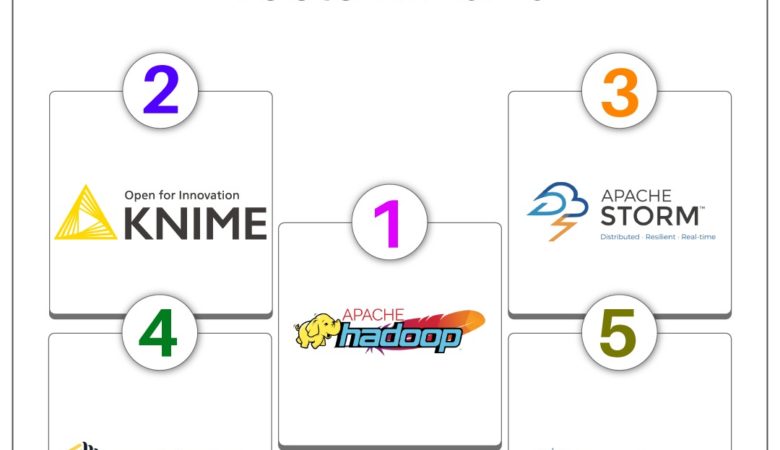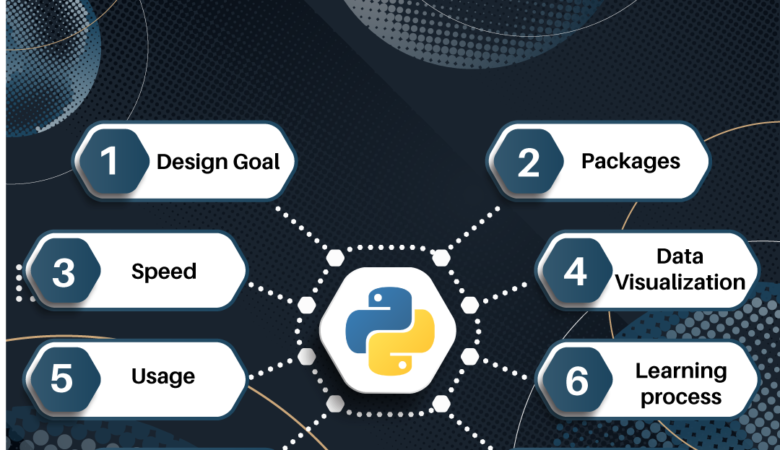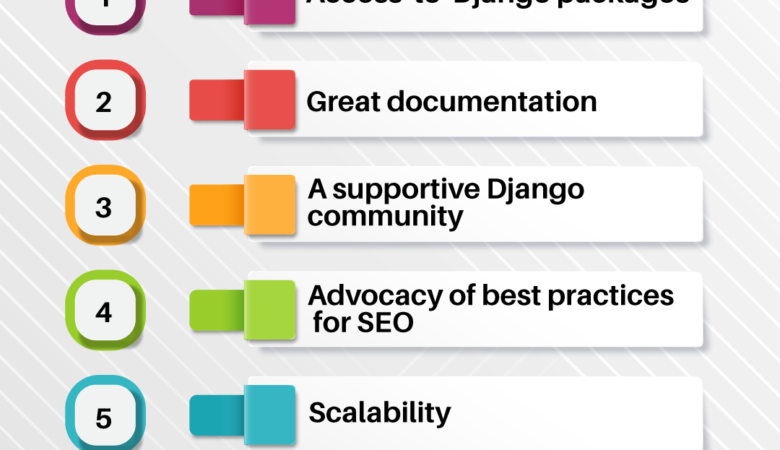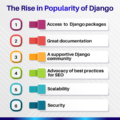
The tools available for Java management ease the process of developing, testing, and deployment. In this blog, we discuss the essential tools that the Java software engineers must learn in 2020. Additionally, these tools offer an excellent opportunity to take some useful learning and become an expert in 2020. A Programmer greatly depends on the tool he uses and his worth is compared to the features and benefits of the tools to outshine others.
1) JUnit:
JUnit is an open-source instrument for Java programming language. Moreover, it is ideal for test-driven development and arrangement. It has the feature of arrangement of information and arrangement/formation of phony articles and the Stacking databases with a particular arrangement of information. It also offers help for composing and running tests and gives comments for recognizing test techniques and attests to testing anticipated outcomes. Through it, one can compose codes quickly.
The Features:
- Preparing of input data and setup
- Loading databases with a specific known set of data
- It provides annotations and helps the test classes to have fixture run before/after each test
- There is support for writing and running tests
- It also provides assertions to test expected results
2) NetBeans:
NetBeans is a free and open-source IDE that allows developing desktop, mobile, and web applications. There is total support for Latest Java Technologies and for fast and smart code editing. Another major help is the Easier and Efficient Project Management process. The best feature is Rapid User Interface Development and there is help to write bug-free code. It offers superior support for C/C++ and PHP developers.
3) Apache Maven:
A software Project Management Tool, it encourages the person to assemble and deal with a Java venture. It is popular and assists in fabricating a task, and to run a unit test and can send antiques/ expectations to live conditions. It is of great help in overseeing conditions. Additionally, there is a straightforward venture arrangement to follow best practices and get another task begun in a short time.
It also allows simple composition of modules utilizing Java and provides Moment access to new highlights
Insect undertakings for reliance on the board and to send outside Maven. It also allows easy writing of plug-ins using Java and grants quick access to new features with few extra configurations.
Release management and distribution publication
It encourages the use of a central repository of JARs. Finally, it is good for dependency management and deployment outside of Maven
4) JRat
The Java Runtime Analysis Toolkit is easy to use and is also an open-source performance platform. It monitors execution and performance measurements and can easily file transfers to any location on a computer. Additionally, it permits remote view on jRAT and modification of system files and extends support for website Redirection. There is help to the user to process on their systems. It facilitates Taking screenshots for keeping a record of issues that benefit the client
5) Mockito:
Mockito is an Open Source Java Mocking and Unit Testing Tool that encourages developers in composing perfect, planned, and coupled code. It is used in Behaviour Driven Development style tests, with syntactic sugar facilitates. There is a decent and effective grammar. Additionally, it gives comments to decrease standard code. It also allows composing of loosened up tests. It provides some annotations necessary for reducing boilerplate code
6) Clover:
Clover helps in generating code coverage reports derived from unit tests. It can be executed as a plug-in (in Ant, Eclipse, and Maven). It collects coverage data of integration tests.
It is Open source and users can use it for free. Besides, it is very easy to use and gives Full coverage and metrics for the latest test run
There are Inline annotations to help visually highlight statement-level coverage
Finally, the Test optimization feature makes running of the test suite easy.
7) Ehcache:
Ehcache is an open-source, standard, and full-featured tool, which is robust, and proven, and can be integrated with other libraries or frameworks. It has a small footprint to keep apps light. There is API that is simple and easy to use, to leverage Java generics and Cache interactions. It allows box Spring Caching and Hibernate integration also.
8) VisualVM:
VisualVM is a visual tool and offers lightweight profiling. It displays local and remote Java Processes and can Monitor Process Performance and Memory easily besides Visualizing Process Threads. Another feature is that it can Profile Performance and Memory Usage and read basic information about the crashed Java process
9) Oracle JDeveloper:
Oracle JDeveloper is free allowing developers to build reliable Service Oriented Architecture. Its Features are:
Generating servlets which work as EJB clients
There is support for creating and editing Web Socket annotations in Java classes
Finally, it specifies a configuration class for holding the Metadata
These are the prominent tools and by learning them one can become an expert and fulfill the challenges associated with Developers in 2020.








Leave a Reply